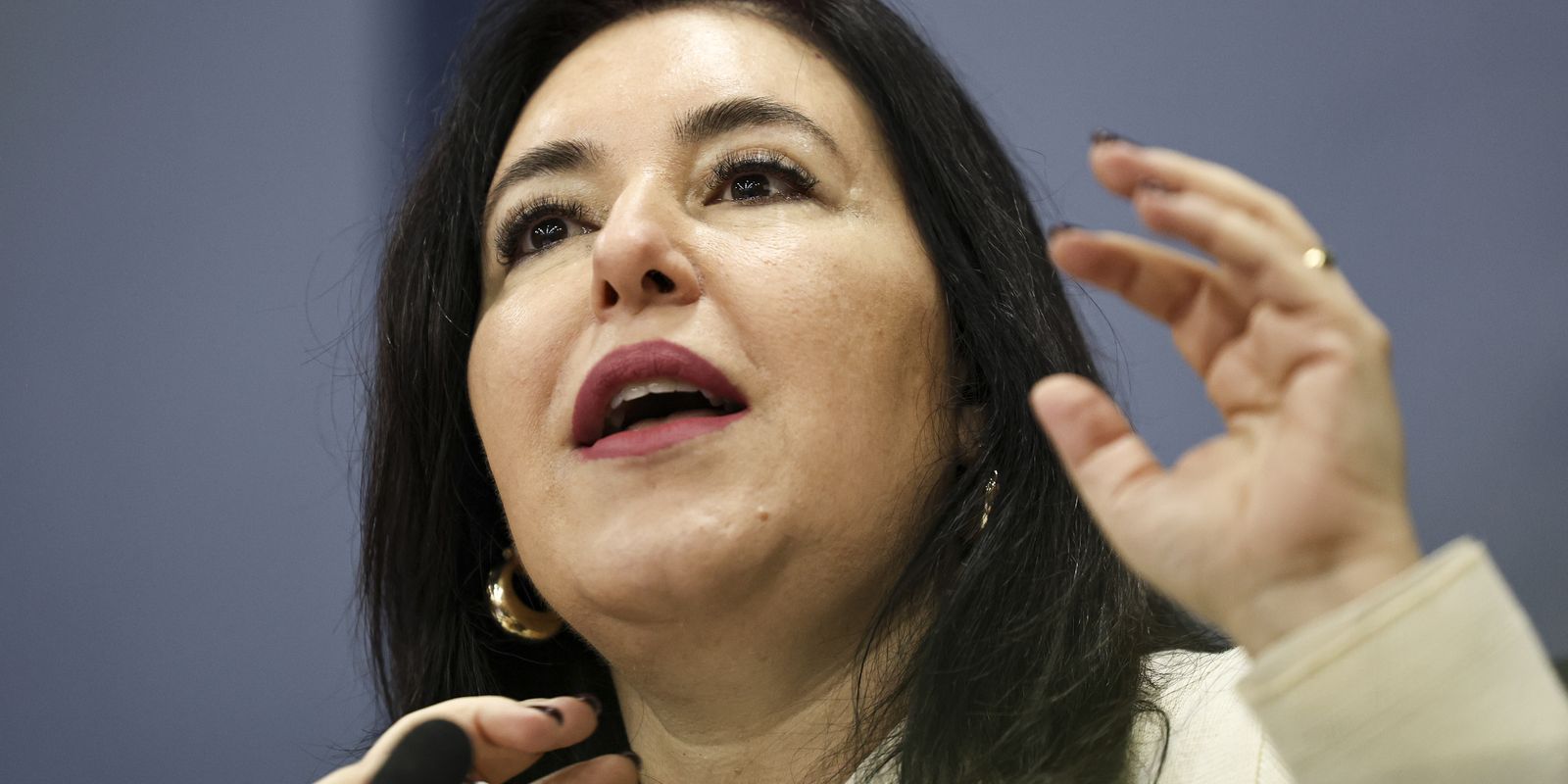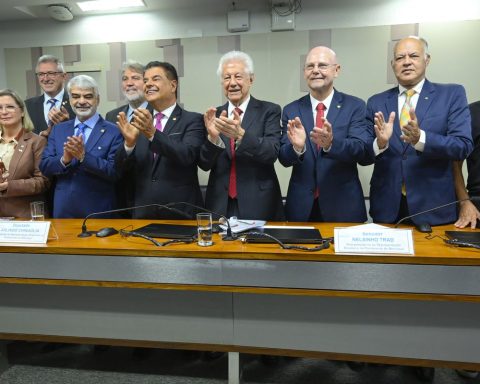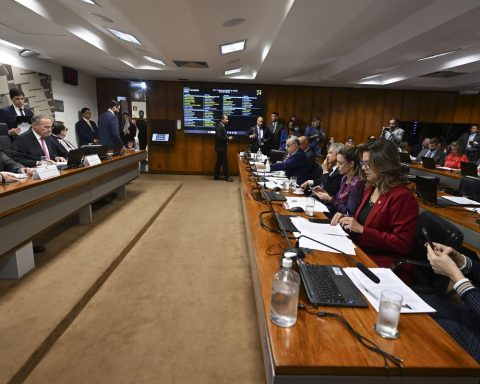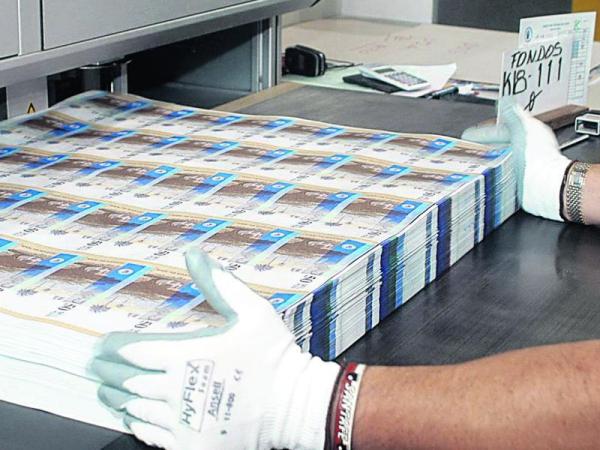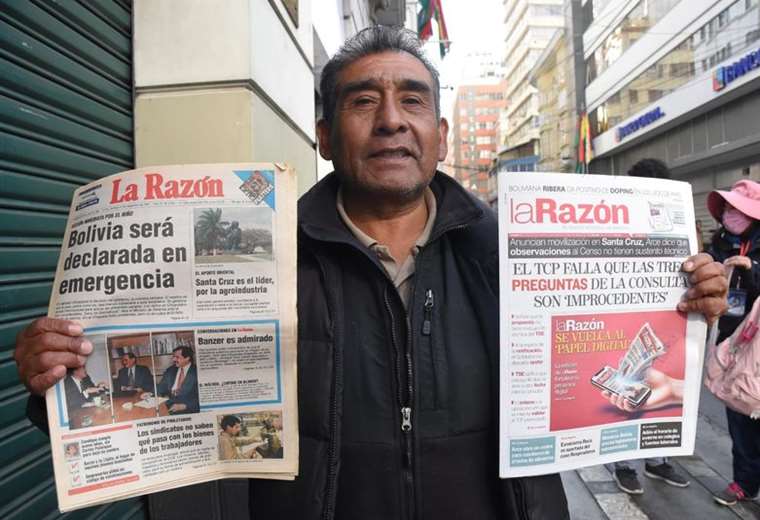The Minister of Planning and Budget, Simone Tebet, stated this Saturday (31) that a “modernization of public policies” will be necessary for the government to achieve a zero fiscal deficit in 2026. Among the measures, she mentioned the evaluation of coverage and integration of social programs, modernization of benefit links and analysis of the effectiveness of subsidies and tax expenditures.
The federal government will have to make a cut of R$25.9 billion in mandatory expenses to meet the zero deficit target in 2025. To do this, the economic team is doing a spending review with social programs. According to Tebet, it is a fine-tooth comb for fraud, errors and waste [].
“We came out of a pandemic where the rules of public policy became very lax,” he said. “And with that, [em 2023 e 2024]”We managed to cut, without taking away the rights of anyone who needs it, almost R$12 billion from Bolsa Família. For next year, President Lula gave us one less check, ‘you have authorization to cut R$25.9 billion so that we have a zero target’. What I can attest is that this is enough to eliminate the fiscal deficit next year, but it will not be enough for 2026″, he highlighted when speaking during the Expert XP event, in São Paulo.
According to the minister, the National Congress and the Executive Branch will need to review public spending on more structural issues. The strategy of the Ministry of Planning and Budget is to define this new review for the second half of next year, aiming at the 2026 Budget.
“We have many public policies that are aiming at the same objective and, sometimes, we even have shadows of darkness, we have gaps, some spaces that are not being covered. This, which is the integration of public policies, is on our menu. In the same way, we are talking about modernizing the links”, said the minister.
Tebet did not detail what this “modernization of links” would be, but, in a recent statement, he ruled out the unlinking of pensions of the minimum wage and mentioned other benefits such as BPC and salary bonus.
Furthermore, today, the minister stated that it is necessary to evaluate spending from the perspective of revenue: “the issue of subsidies and credit and financial spending, but especially tax spending”. “Today, they consume almost 6% of Brazil’s GDP”.
Tax subsidies
Tax subsidies are characterized by the waiver of revenues, financial subsidies by the execution of expenses and credit subsidies by the application of Union resources in programs or funds. The volume of tax waivers and financial benefits granted by the federal government reached R$ 646 billion in 2023, which President Lula is worried..
“No one is going to take away subsidies that are working,” he stressed. “But we have to analyze, among those nearly one hundred subsidies, what is still effectively serving the public interest, generating jobs and income and driving the economy,” Tebet added.
